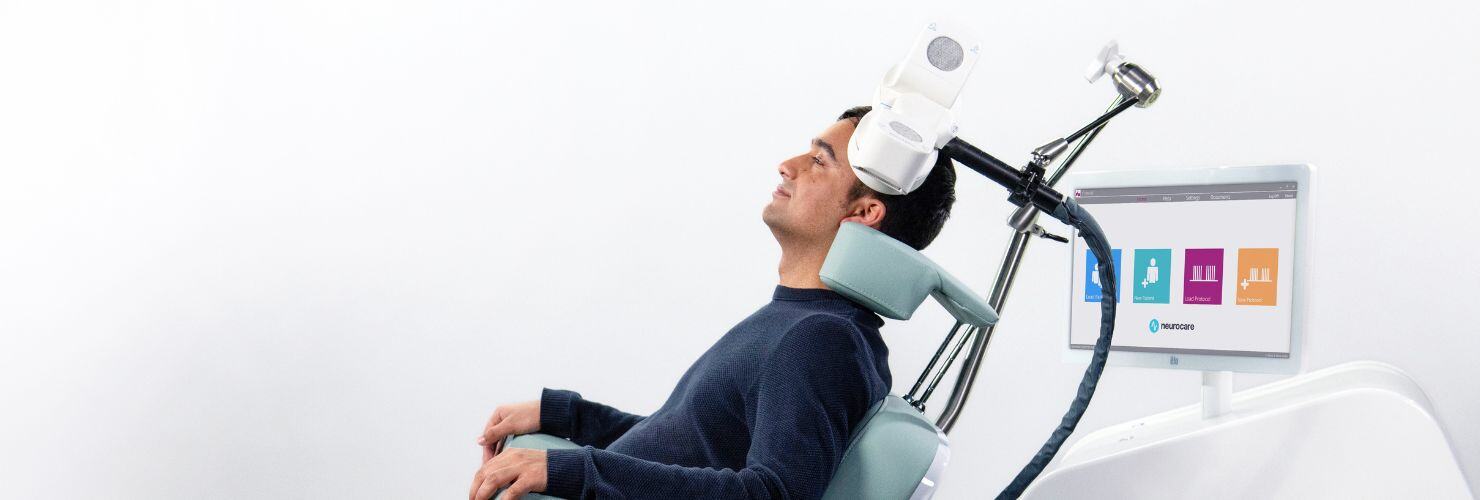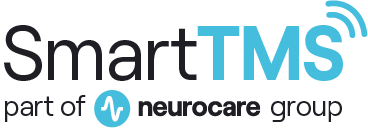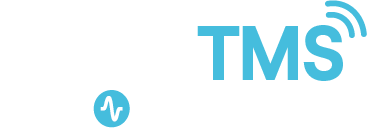Treating depression in adults with TMS - the evidence
Can transcranial magnetic stimulation treat depression? TMS not only alleviates symptoms but also leads to full recovery for most patients.

What is the recommended treatment for depression?
According to NHS Choices, if your depression isn't improving, your GP should first suggest talking therapy. Options include cognitive behavioural therapy (CBT) through services like IAPT. For moderate to severe depression, antidepressants might be recommended. There are nearly 30 types of antidepressants available, which a doctor can prescribe. Your GP may advise combining antidepressants with talking therapy, especially for severe cases, as this combination is often more effective. If your depression is severe, you should be referred to a multidisciplinary mental health team for specialised talking treatments and medication.
Research shows that with intensive psychological treatment and multiple medication courses, there is a 60-70% chance of overcoming depression. However, 30-40% of individuals may experience chronic depression that doesn't respond to standard treatments.
How does Transcranial Magnetic Stimulation work?
TMS uses a powerful magnetic field to stimulate brain cells. An electric current in the coil creates a brief, strong magnetic pulse that safely reaches the neurons in the targeted brain area. High-frequency TMS boosts activity in the brain's frontal cortex, enhancing connections between brain cells and triggering the release of chemical messengers.
Treating depression typically involves 15 to 30 sessions over a few weeks.
What are the recommendations for TMS?
In 2008, the FDA approved TMS for treating depression in the USA after thorough research. In 2015, NICE approved TMS in the UK, highlighting its positive outcomes and safety. Patients reported significant improvements in their quality of life, including the ability to stop taking oral antidepressants.
In 2017, the Royal College of Psychiatrists confirmed that rTMS is a proven, safe, and effective treatment for major depression, including cases resistant to other treatments.
How effective is TMS for the treatment of depression?
We analysed 428 patients with Unipolar Depression treated at Smart TMS. These patients had not responded to psychological therapy or antidepressants. Of these, 222 met our criteria, and 55% achieved remission. Additionally, 74% saw a significant reduction in symptoms by 20% or more, and 27% completely eliminated their symptoms. These outcomes surpass typical results found in scientific studies. For comparison, a 2012 study by Carpenter on 307 patients across 42 TMS clinics in the USA showed a 40% remission rate.
Conclusions and recommendations:
If you've tried traditional depression treatments without success or prefer not to use medication, consider rTMS as a promising option.

Dr Leigh A Neal MB BCh FRCPsych MRCGP MD
Consultant in Psychiatry and Neuromodulation
Medical Director: Smart TMS
"I’m still not taking any medication – This is the longest I have been off of anti-depressants in almost 10 years and I am loving not having to cope with the side effects."
"For the first time in 24 years, I now feel significantly better; I’ve even started playing guitar and spending time outdoors again. My brain feels alive and the sadness I’ve felt for so long has been replaced by a smile"
"At the time I received treatment I was my lowest. TMS was a life changer for me. I am certain it saved my life."
Contact our team about TMS treatment
Not sure if TMS is right for you?






